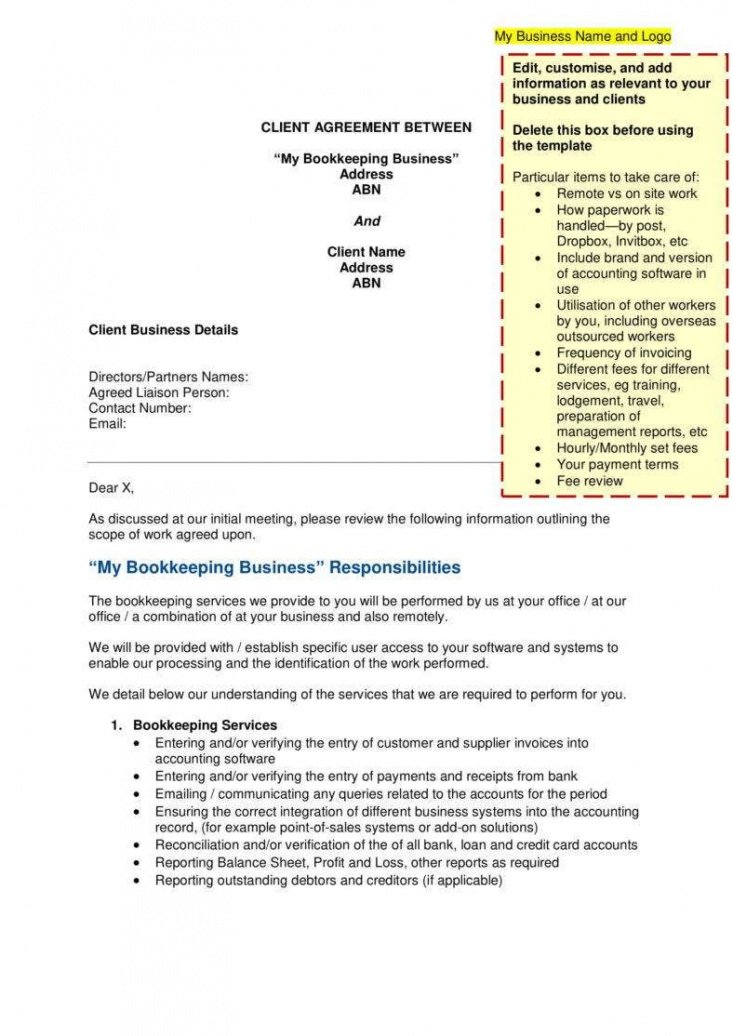
#Freelance bookkeeping pro
Plus, you can always consult a pro to help you develop a strategy, which you then implement yourself on a daily basis.Ī quick note: All accountants can do bookkeeping, but not all bookkeepers are certified accountants. Good bookkeepers are collaborative they’ll work with you as you grow. You can also ask colleagues and fellow photographers for recommendations. Tools like Bench make it easier than ever to find bookkeepers that suit your business and budget. Outsourcing this part of your business can save you time and hassle in the long run. You can find a plethora of online courses covering the basics, so it’s worth doing your research and learning the essentials. If you choose the latter, you must have a thorough understanding of tax codes (local and federal) and impeccable organizational skills.
#Freelance bookkeeping professional
Many photographers hire a professional bookkeeper to help along the way, but some opt to do it themselves. QuickBooks, for example, offers features that allow you to automate invoices, send payment reminders, and save photos of your receipts for easy access.Īll of this information can later be used by your CPA (certified public accountant) to interpret your finances and guide you on best practices going forward.īookkeeping is just one piece of the larger accounting puzzle for any small business. But they can provide you with a better understanding of your business’s finances and make your daily life much easier. These tools do have a bit of a learning curve, as you need to know the basics of bookkeeping.
#Freelance bookkeeping software
In many cases, that will be enough come tax season.įor small businesses, there are tons of software options available to make the bookkeeping process easier and keep everything organized in one place, such as QuickBooks or Xero (for double-entry). Use it to record every transaction involving your business, and then keep your supporting documents on file (more on this later). If you want to go with the single-entry method, an Excel spreadsheet is all you need. Single-entry bookkeeping can work for some solopreneurs/freelancers if they plan to stay small, but double-entry is more accurate and therefore your best bet if you have more complex needs, including a staff. In that case, you’d debit your cash account $1,500 and credit your revenue account $1,500. Or let’s say a client pays you $1,500 for a photoshoot. When your debits and credits are equal, your books are “balanced.”įor example, let’s say you pay $20 for a monthly photo editing software subscription: you’d debit your expense account $20 and credit your cash (asset) account $20. In double-entry bookkeeping, every transaction is recorded as a credit and a debit of equal amounts, with debits on the left and credits on the right. When money comes into an asset or expense account, it’s called “debiting” when it goes out of an asset or expense account, that’s “crediting.” Conversely, when you debit a liability, equity, or revenue account, it decreases when you credit a liability, equity, or revenue account, it increases. Assets are what you own, and liabilities are what you owe. In a general ledger, used for double-entry bookkeeping, you’ll have (at least) five basic accounts: assets, liabilities, revenues, expenses, and owner’s equity. The foundation of double-entry bookkeeping is the accounting equation: Assets = Liabilities + Equity. In general, you have two options: single-entry (cash-based) bookkeeping, where you enter every transaction (revenue or expenses) once, and double-entry bookkeeping, where each transaction is recorded twice-as a credit in one account and as a debit in another account.

Depending on your business, your bookkeeping could encompass payments from clients for photoshoots, print sales, expenses such as studio space and gear, travel costs, and more. What is bookkeeping?īookkeeping entails the recording, organizing, and storing of all your business transactions, including but not limited to: your bills, receipts, bank statements, purchase orders, invoices, and taxes. Disclaimer: We are not offering any financial or tax advice! For tax or financial advice, consult a CPA or financial advisor.


 0 kommentar(er)
0 kommentar(er)
